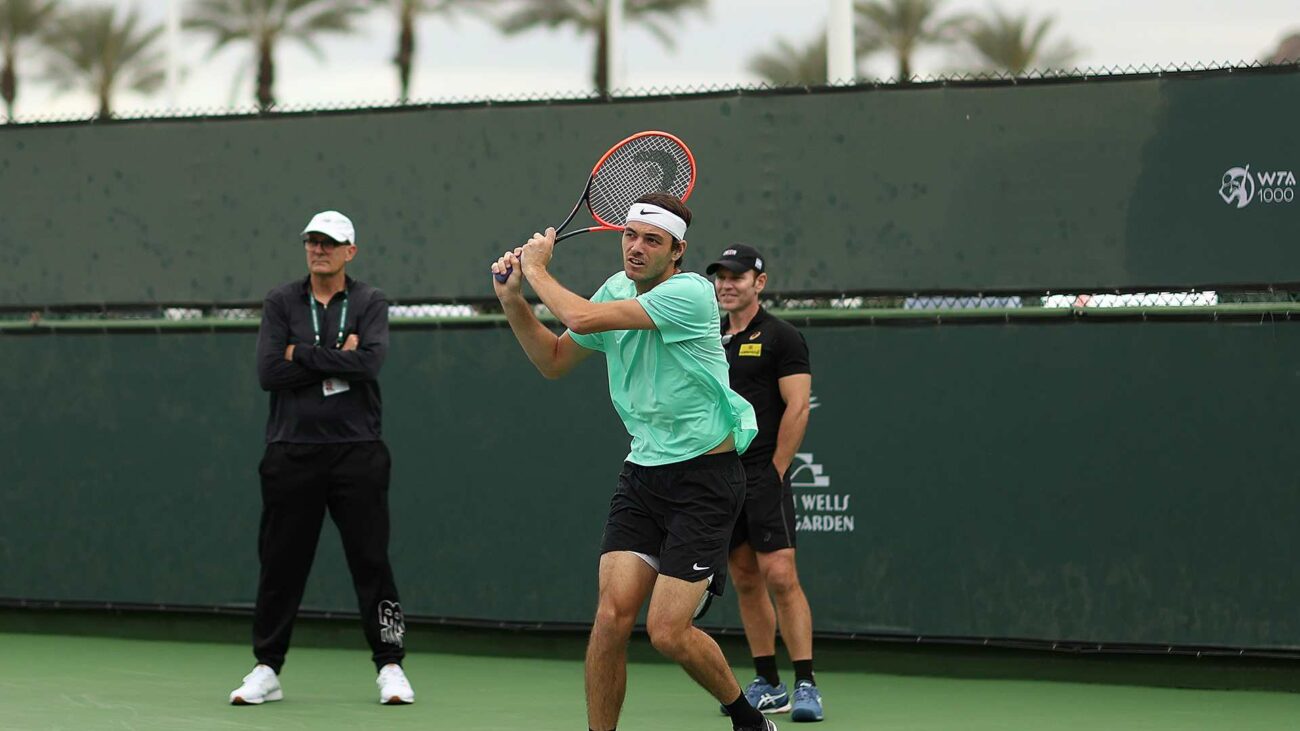Off-Court Coaching in Tennis: A Debate on the Future of the Sport
The International Tennis Federation’s (ITF) recent decision to officially implement off-court coaching in Grand Slams and all ATP and WTA events has sparked a heated debate among players. The rule change, effective from 2025, allows coaches to provide brief verbal or hand signal advice to players between points, with longer conversations permitted during breaks in play.
The ITF’s rationale for the change is to standardize coaching practices across tennis governing bodies and reduce the burden on chair umpires in policing the practice. However, several top ATP players have expressed their disapproval, arguing that it undermines the sport’s traditional “one-on-one” nature.
Denis Shapovalov, a former world No. 10, lamented the loss of tennis’s “beauty” as a solitary sport. Taylor Fritz, a US Open finalist, echoed this sentiment, emphasizing the importance of the mental and strategic aspects of the game. John Millman criticized the rule for widening the gap between players with access to coaching teams and those without.
On the women’s side, former world No. 1 Jennifer Capriati suggested providing players with tablets displaying live match stats instead of coaching access. Proponents of the rule change, however, argue that it brings into the open the covert coaching that was already prevalent. They also point to the potential benefits of providing players with expert advice during crucial moments of a match.
Andrey Rublev’s victory in the Mutua Madrid Open final is often cited as an example of the effectiveness of off-court coaching. His team’s advice helped him anticipate his opponent’s serve and ultimately secure the title.
Despite the resistance from some players, the ITF maintains that the rule change has been met with overall support from players, coaches, and chair umpires. ITF Senior Executive Director of Integrity Stuart Miller believes it will enhance the sport by improving player development, reducing umpire subjectivity, and making tournaments more engaging.

